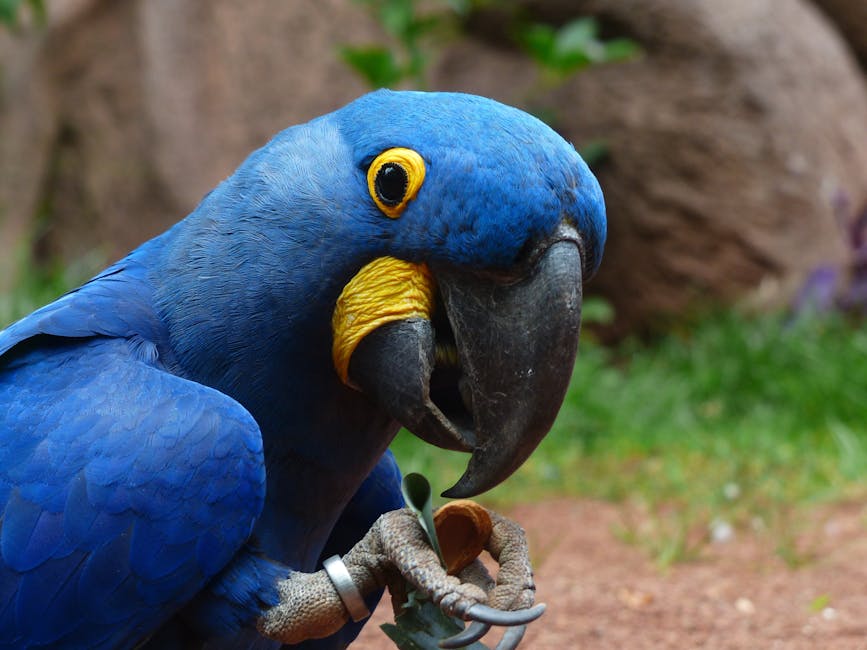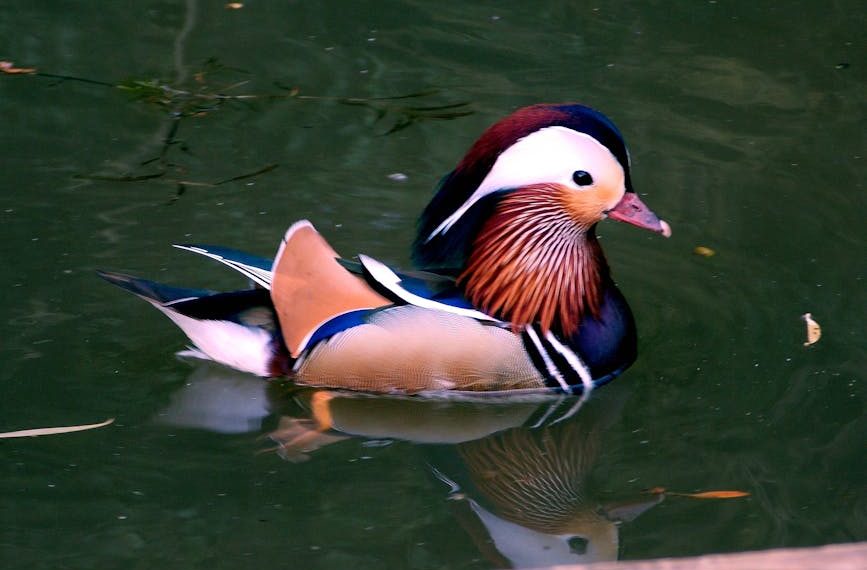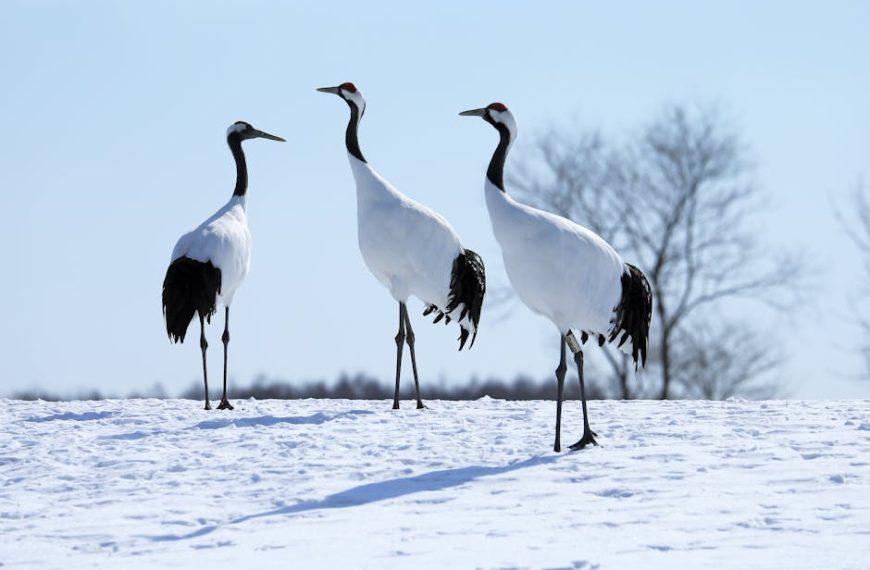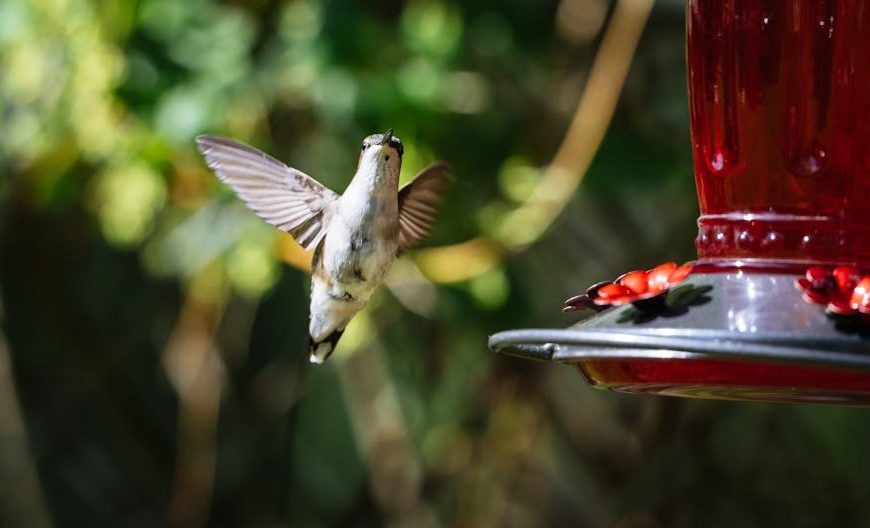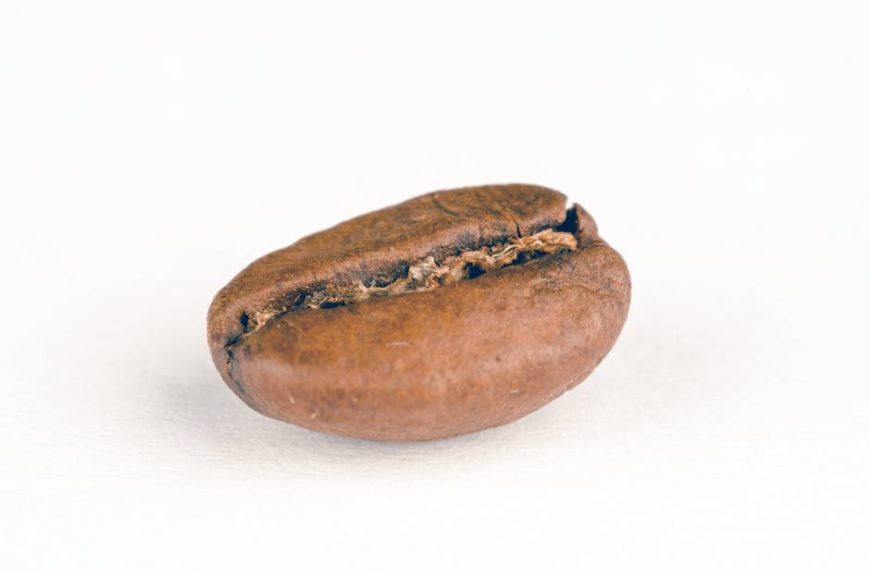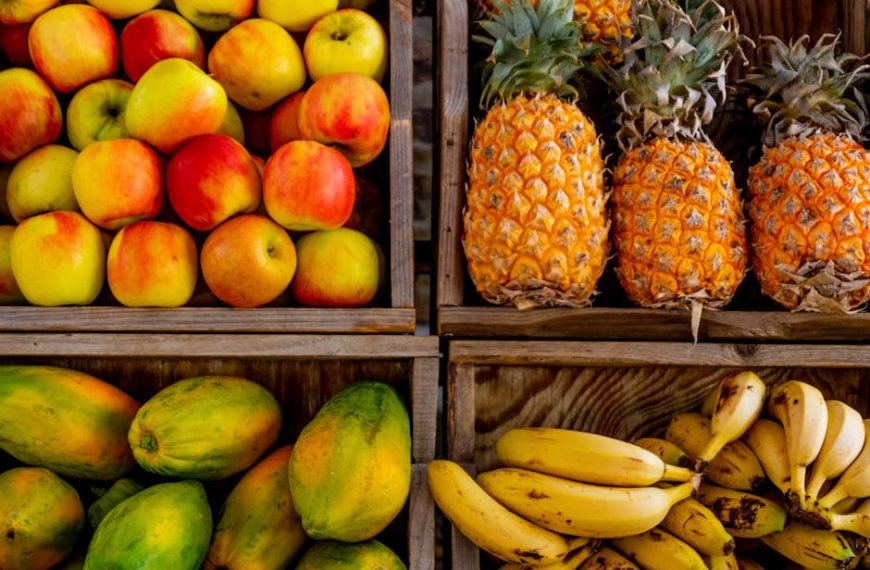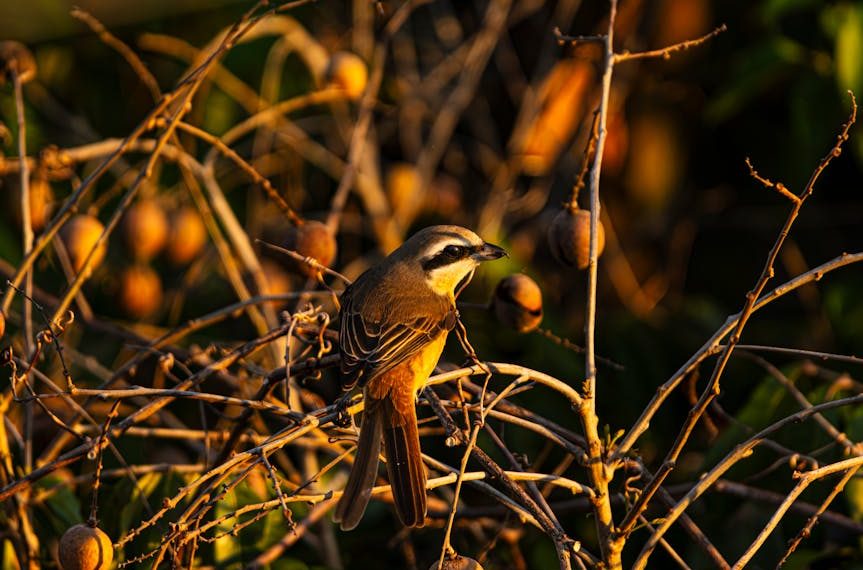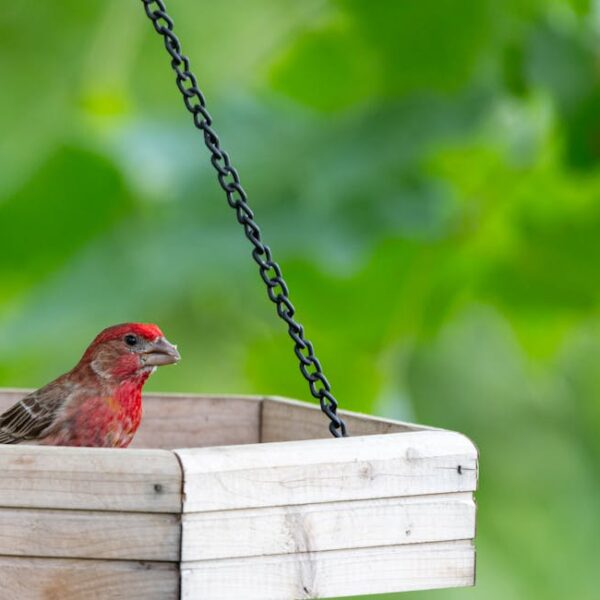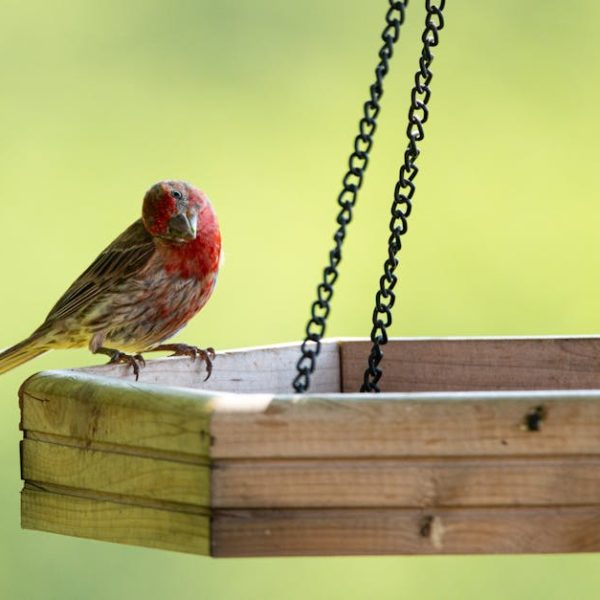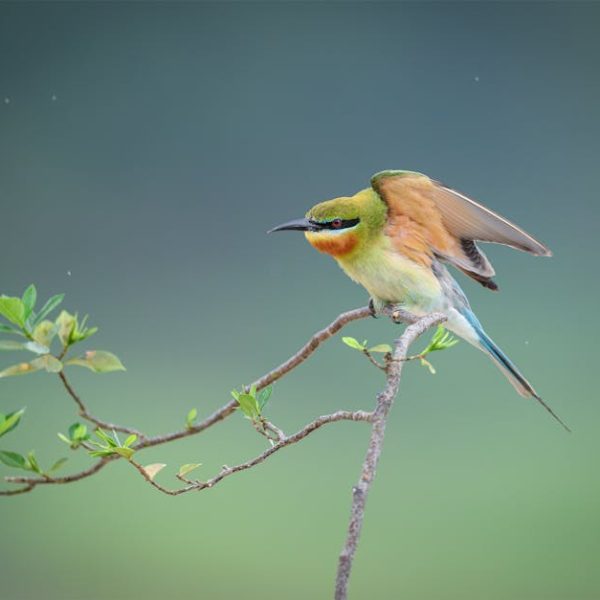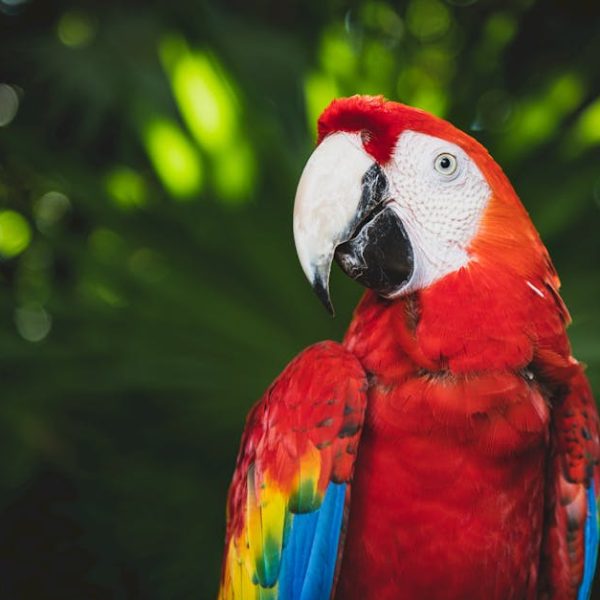As a parrot owner, you want the very best for your feathered friend. A part of that is knowing what constitutes a healthy diet for these vibrant, intelligent creatures. So, can parrots eat almonds? Yes, they can. Almonds, like many other nuts, can offer several nutritional benefits to parrots, but they should be given carefully and in moderation. In this article, we delve into parrots’ diet and nutrition, the value of almonds for them, potential hazards of almond consumption, recommended practices for feeding almonds, and other nutritious nuts that can brighten your parrot’s diet.
Understanding Parrots’ Diet and Nutrition
Parrots, in their natural habitat, feed on a diversity of foods, such as fruits, nuts, seeds, flowers, and sometimes even insects. They require a balanced diet, rich in protein, vitamins, minerals, and carbohydrates. An inadequate diet can lead to malnutrition, vitamin deficiencies, and other health complications.
Key nutrients that are essential to a parrot’s diet include:
- Vitamin A: Good for eyesight, skin health and general wellness. Can be found in foods like sweet potatoes, carrots, and leafy greens.
- Vitamin B: Necessary for nervous system health, found in grains, nuts, and seeds.
- Protein: Supports muscle development and repair. Found in sources like legumes, seeds, and nuts.
- Calcium: Essential for strong bones and beaks, and can be found in legume greens, almonds, and sesame seeds.
[Pro Tip]: Each parrot species may have its specific dietary needs. Some require more fruits, while others need more seeds. It’s best to research your parrot’s unique diet to ensure they receive all their necessary nutrients.
The Nutritional Value of Almonds for Parrots
It’s no secret that almonds are super nutritious. They’re packed with protein, healthy fats, fiber, and various vitamins and minerals that can contribute positively to a parrot’s health.
Almonds provide:
- Vitamin E: A powerful antioxidant that helps to protect cells from damage.
- Magnesium: Crucial for muscle and nerve function.
- Calcium: As previously mentioned, it’s pretty essential for parrots.
- Healthy fats: These fats support overall wellness and help with vitamin absorption.
Best Practice: While almonds are nutritious, they’re high in fat. Feeding your parrot too many could lead to obesity and other health issues. A small piece or an almond sliver given a couple of times a week is generally sufficient.
Almonds’ Potential Hazards to Parrots
While almonds can provide many pronounced health benefits to parrots, they can also pose potential hazards if not properly moderated. First off, excessive almonds can lead to weight gain due to high fat content. Also, these nuts are hard and could cause choking or injure the bird’s crop – an essential part of their digestive system. Too much can also lead to an imbalance in their diet, causing nutrient deficiencies. Lastly, salted or spiced almonds are a no-go as the additives can upset your parrot’s digestive tract.
You should monitor your parrot after almond consumption, watch for symptoms like:
- Change in Droppings: Look out for runny or discolored droppings, a sign of an upset digestive system.
- Excessive Thirst: High sodium content from salted almonds can cause dehydration.
- Weight Gain: An obvious sign of over-consumption.
- Difficulty Breathing: This could indicate choking, a medical emergency.
[Pro Tip]: As stated, moderation is key. Feed almonds sparingly, and when you do, ensure they are unsalted, unflavoured, and properly chopped to avoid harm.
Feeding Almonds to Parrots: Recommended Practices
When introducing almonds into your parrot’s diet, start with small amounts. Organic, unsalted, mature almonds are the best choice. Crush the almonds into smaller pieces to minimize choking risk.
Comparison:
| Pros | Cons |
|---|---|
| Rich in essential nutrients like proteins, vitamins, and minerals. | High in fats, can lead to obesity if overfed. |
| Can enhance your parrot’s overall diet when given in moderation. | Hard shells can pose choking hazards, digestion issues. |
| Adds variety to the diet, potentially improving feeding habits. | Not all parrots will enjoy or tolerate almonds. |
Best Practices: Never give your parrot an almond with its shell on or that has been salted or seasoned. Always supervise your parrot when they’re eating to ensure they don’t choke.
Other Nutritious Nuts for Parrots
Besides almonds, there are many types of nuts that can be safely fed to parrots. Walnuts, for instance, contain omega-3 fatty acids that support heart health. Hazelnuts provide loads of beneficial vitamins and minerals. Pistachios too are rich in antioxidants and fiber.
Safe nut options for your parrot include:
- Walnuts
- Hazelnuts
- Pistachios
- Pecans
- Macadamia Nuts
- Cashews
[Tip]: Just as with almonds, these nuts should be given sparingly and suited to your parrot’s size. Vary the nuts you give to ensure a mix of nutrients and keep your parrot interested in healthy eating.
Key Takeaway:
- Parrots can eat almonds, but they should be given in moderation due to the high fat content and potential choking hazards.
- A balanced and varied diet is crucial for parrot health. Essential nutrients include Vitamin A, Vitamin B, Protein, and Calcium.
- The safe consumption of almonds by parrots requires careful observance of parrots post-consumption for symptoms like discolored droppings, excessive thirst, weight gain or difficulty breathing.
- It’s best to feed parrots mature, organic, and unsalted almonds and break them into small pieces to avoid choking.
- Other safe and nutritious nuts for parrots include walnuts, hazelnuts, pistachios, pecans, macadamia nuts, and cashews.
Caring for your feathered friends requires careful consideration of their diet and nutrition. By feeding them a varied diet, you not only facilitate their overall well-being but also satiate their need for dietary diversity. Keep almonds and other nuts as occasional treats, keep an eye on any health changes, and do your best to meet their dietary needs. Remember, your parrot’s health is a reflction of your care and affection.
FAQs
Q: How often can I feed almonds to my parrot?
A: As with all foods, moderation is key. A general guideline could be a small piece or an almond sliver a couple of times a week. However, this might vary based on your parrot’s size and activity level.
Q: Are the nutrients in almonds different from those in other nuts?
A: Different nuts have different nutritional profiles. Almonds are especially good resources of Vitamin E, Magnesium, and Calcium. When feeding your parrot nuts, it’s best to offer a variety for a well-rounded nutrient intake.
Q: Can I feed my parrot roasted almonds?
A: It’s safer to feed your parrot raw almonds. Roasting could potentially reduce its nutritional value. Moreover, store-bought roasted almonds might also contain salt or other seasonings that aren’t safe for birds.
Q: Are there certain parrot species that shouldn’t eat almonds?
A: As a rule, almonds can be safe for all parrot species when given in moderation. However, each parrot is a unique individual and may have specific dietary needs or restrictions. If you’re unsure, always consult your vet.
Q: What should I do if my parrot has an adverse reaction to almonds?
A: If you notice that your parrot isn’t feeling well after consuming almonds, it’s best to stop feeding them almonds immediately and consult your vet.
Please share this article with other parrot enthusiasts and explore the other informative posts on our website for more handy tips.
